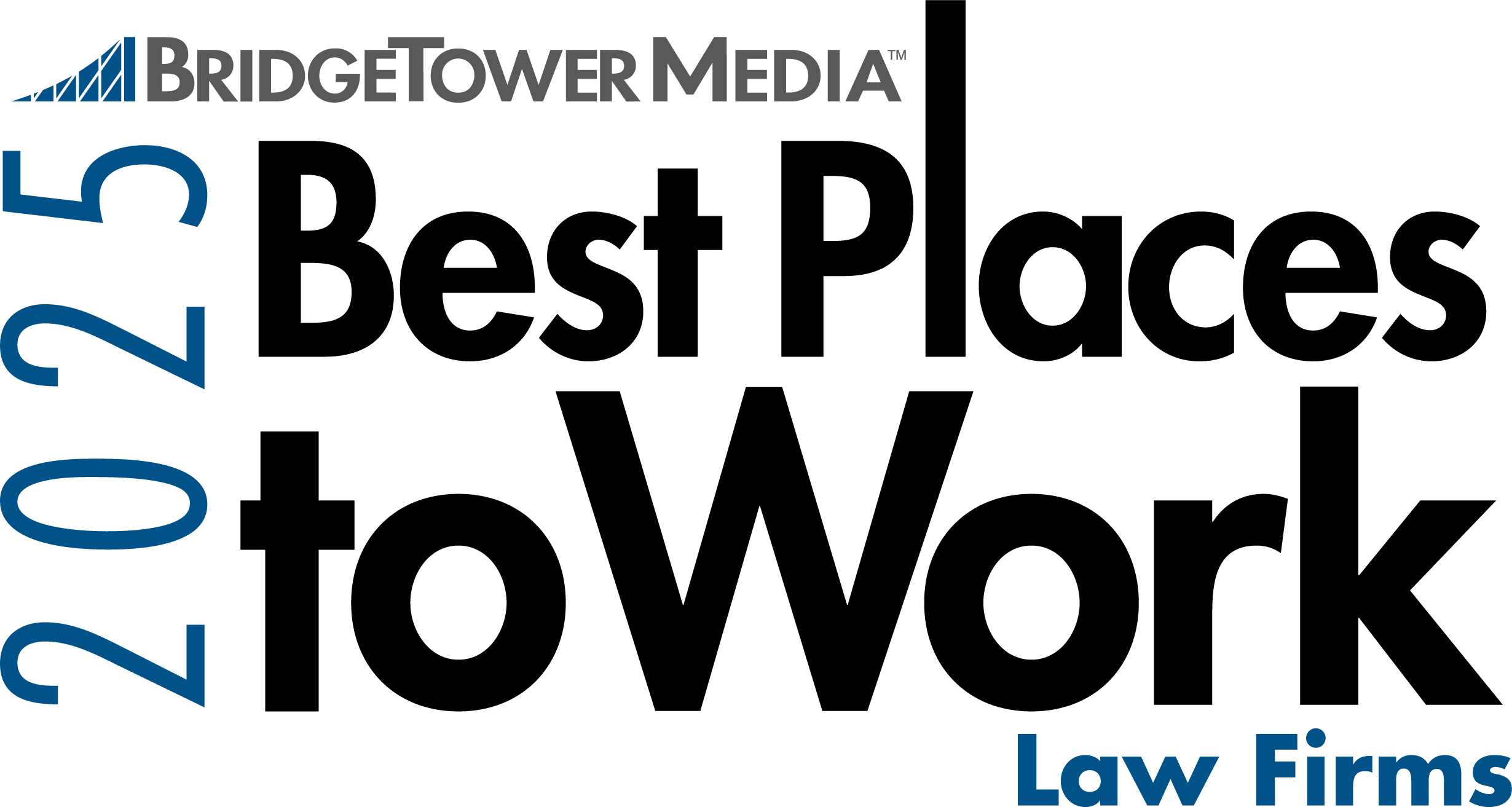Commercial trucks are commonly seen on roads throughout the United States because they are responsible for hauling massive amounts of goods from suppliers to destinations. Any accident involving one of these trucks can be life-threatening simply because of their size. When you suffer injuries in any commercial truck crash, you will want to seek the help of an experienced truck accident lawyer to recover damages in your case.
In its most recent report, the Federal Motor Carrier Safety Administration (FMCSA) states that 510,000 police-reported large truck crashes happened in one recent year, including 4,479 fatal crashes and 114,000 injury crashes. Roughly 57 percent of all fatal large truck crashes occurred in rural areas, 25 percent occurred on Interstate highways, and 13 percent fell into both categories because they occurred on rural interstate highways.
Common Kinds of Truck Accidents
Truck accidents may fall into one of several different categories. The most frequent examples of truck accidents tend to involve the following:
Rollover Accidents
Rollover crashes can terrify all parties involved. Tractor-trailers or other large commercial trucks have much higher centers of gravity than traditional passenger cars, so truck drivers must take care when making tight turns or sudden swerves. When drivers take turns too sharply or drive too fast for conditions, a trailer can flip and roll the entire truck over onto its side. Certain rollover accidents involve truck drivers operating negligently by speeding, driving while distracted, or being overly tired.
There can certainly be cases in which a rollover accident results even when a truck driver is operating safely and responsibly. A trailer might have been overloaded or improperly loaded by a cargo crew and suddenly sway dangerously while it is making its way through a turn. Other rollover accidents can occur because of tire blowouts, possibly due to a lack of maintenance or a design or manufacturing defect in the tires.
Rear-End Collisions
If a commercial truck rear-ends another vehicle, the damage is often much more catastrophic than it might be in a crash involving another small vehicle. Trucks require much greater stopping distances because of their large size, so a truck driver who is tailgating will be more at risk of rear-ending a car in front of them.
FMCSA offers specific advice about following too closely and states that five percent of truck crashes occur because commercial drivers follow lead vehicles too closely.
Truck drivers driving less than 40 miles per hour should allow at least one second for every ten feet of vehicle length. This translates to four seconds between the truck driver and the leading vehicle. When a speed is more than 40 miles per hour, the truck driver should add one additional second. Trucks need extra stopping distance in adverse weather.
Head-on Collisions
Nobody wants to collide head-on with a commercial truck. These accidents often occur when a truck driver drifts out of their lane or loses control of their vehicle. Truck drivers or other drivers who do not recognize the right-of-way may collide at intersections. Tire blowouts are another common cause of head-on collisions, but truck drivers driving under the influence (DUI) of drugs or alcohol or driver fatigue can also be factors.
Jackknife Accidents
Jackknife accidents involve trucks with articulated joints between a tractor and attached trailer making improper turns or performing braking maneuvers. The resulting force causes the trailer to swing wide around the pivot point to create a shape like a folding jackknife. A skidding trailer can strike any surrounding vehicles and carry them along as a truck careens through traffic.
Jackknife accidents commonly happen due to truck drivers braking improperly, as truck drivers who brake too quickly or too hard in inclement weather conditions can cause tractors to slow down faster than the trailers they are towing. Such actions often result in fishtailing motions by trailers, and they may skid out to one side to cause a jackknife. Taking turns too quickly can also lead to these situations.
T-Bone Accidents
T-bone accidents, also known as side-impact or broadside crashes, occur most frequently at intersections. Large trucks traveling through intersections at perpendicular angles may run red lights, ignore stop signs, or otherwise violate the proper right-of-way and collide with the sides of other cars, creating a “T” shape. A T-bone crash can also involve a truck driver making an improper turn across one or more lanes of traffic, leading to other vehicles slamming into the side of a cab or trailer.
Sideswipe Accidents
While these crashes are similar to T-bone collisions, cars colliding in sideswipe accidents usually travel in the same direction as large trucks when crashes occur. A sideswipe accident often occurs because truck drivers do not adequately check their blind spots when changing lanes or merging. Truck drivers can sometimes lose control of their trucks because of tire blowouts, road obstacles, intense wind, or inclement weather. Distracted, drunk, drugged, or fatigued drivers can also lose focus on the road and drift into the cars in adjacent lanes.
Wide Turn Accidents
Right-hand turns are often much tighter for truck drivers than left-hand turns, so truck drivers must navigate such maneuvers cautiously. Some truck drivers attempt to make right-hand turns by swinging cabs wide to the left, then circling through a right-hand turn to avoid the right-turn squeeze that may occur when a trailer does not have enough space to make a proper right turn. Doing so, however, can create a dangerous situation for vehicles in neighboring lanes, as cars can crash into trailers or may even get caught underneath a truck as it is swinging left.
The FMCSA recommends truck drivers instead travel straight through to the farthest lane of the road onto which they turn, then complete their turn by maneuvering right into the closest available lane.
Underride and Override Accidents
Override accidents generally occur when a truck driver cannot stop and runs over a smaller vehicle in front of them.
Events that commonly cause override accidents include:
- Truck drivers following other vehicles too closely
- Low visibility from bad weather
- Truck drivers failing to yield to traffic with the right of way
- Truck drivers speeding and not stopping fast enough
- Truck drivers changing lanes without checking other traffic or signaling
- Truck brake failure
- Tire blowouts on trucks or other mechanical problems
Underride accidents involve passenger vehicles going under truck trailers. These events may occur when truck drivers brake suddenly or cut off other vehicles.
You can also hold a truck driver negligent if:
- A truck did not have brake lights or tail lights
- Required reflective tape on a trailer was missing or dirty
- Required underride guards were absent
- A truck driver changed lanes without signaling
- A truck driver parked on the shoulder without the proper lights
- A truck driver backed up without checking for other vehicles.
Lost Load Accidents
Lost load accidents can involve overloaded commercial trucks, unsecured cargo, or imbalanced loads. Truck drivers must secure cargo properly and distribute the load safely throughout the trailer. A truck driver must also inspect their load before any trip. When they find any problems, they must correct them.
Causes of Truck Accidents
Some of the most common causes of specific crashes are above, but every case is unique, and there can be various reasons for truck crashes.
A few of the most frequent causes generally include:
- Speeding
- Driver inexperience
- Inclement weather
- Distracted driving
- DUI or driving while intoxicated (DWI) offenses
- Driver fatigue
- Defective parts or equipment
- Poor road conditions
- Failure to obey traffic rules
- Reckless or aggressive driving
- Dangerous roadways
- Wrong-way crashes
Many people have no idea what caused their truck accidents, as these events happen suddenly and often without warning. Always have a lawyer review what happened and whether someone else was liable for your injuries.
Truck Accident Injuries
Truck accidents can result in extensive injuries for all parties involved. The sheer size of commercial trucks often means most people who were in motor vehicles involved in these accidents can suffer severe injuries.
Some of the most common injuries in truck accidents can include:
- Fractures and broken bones
- Tendon injuries
- Strains and sprains
- Traumatic brain injuries (TBIs)
- Back injuries
- Eye injuries
- Head injuries
- Knee injuries
- Leg injuries
- Neck injuries
- Nerve injuries
- Spinal cord injuries
- Paralysis
- Paraplegia
- Quadriplegia
- Burn injuries
- Disfigurement
- Hearing loss
- Limb loss
You must be sure that you always seek medical attention following any truck accident, even when you do not think you suffered any harm. Several serious injuries involve delayed symptoms, so get a medical diagnosis to ensure your long-term health.
Beyond the need for immediate care of possible injuries, seeking medical attention also guarantees that you create a medical record, which will be critical to any injury claim you file later. The documentation will include your initial diagnosis and guidelines for recovery, which you can present to insurance companies.
Truck Accident Compensation
You can hold the truck driver liable when you suffer injuries in a commercial truck accident. Still, there can also be cases in which the trucking company or a parts manufacturer bears responsibility for the crash. In any case, victims often deserve various forms of financial compensation.
You may suffer economic and non-economic damages in your truck accident case. Economic damages are the actual losses people suffer, while non-economic damages are far more subjective types of harm.
Overall, damages can include:
- Medical bills
- Lost wages
- Hospital care
- Property damage
- Ambulance transportation costs
- Rental car expenses
- Mileage reimbursements
- Surgical costs
- Emergency room services
- Physical therapy costs
- Emotional distress
- Pain and suffering
- Loss of enjoyment of life
- Scarring and disfigurement
- Inconvenience
- Loss of consortium
- Mental anguish
- Wrongful death damages, including funeral expenses
Some cases can also involve awards for punitive damages, although these kinds of awards are somewhat rare, and many states also impose limits on punitive damage awards. A court may award punitive damages to punish a defendant for especially harmful conduct.
In many truck accident cases, insurance companies representing the negligent truck drivers or trucking companies will quickly reach out to victims and offer them lump-sum settlements to resolve their cases. You have no obligation to accept this offer, and an attorney can negotiate a much better settlement.
You should avoid speaking to any insurer until you have legal representation. Agents for insurance companies will go out of their way to sound concerned about your well-being and act as if they will help. Then, these same parties will use tricks to get you to make admissions that hurt your claim and limit the compensation you recover.
Schedule a Free Consultation with a Truck Accident Lawyer Immediately

Truck Accident Attorney, Jacob D. Lawrence
If you or your loved one recently sustained injuries in a truck accident, you must retain legal counsel as soon as possible. Find a law firm that knows how to investigate these crashes and get to the bottom of what occurred.
Each truck accident claim is unique, but a lawyer with the right resources and experience can examine what happened and identify liable parties. These might include truck drivers, trucking companies, and more. You want a skilled legal professional handling every step of your claim, including negotiating settlements with insurance companies or initiating litigation when necessary.
A truck accident lawyer can hold every liable party fully accountable so that you can recover every last dollar available to you. Set up a free consultation to allow a legal team to examine your case and outline your legal options. You will never regret seeking the legal help you need.



